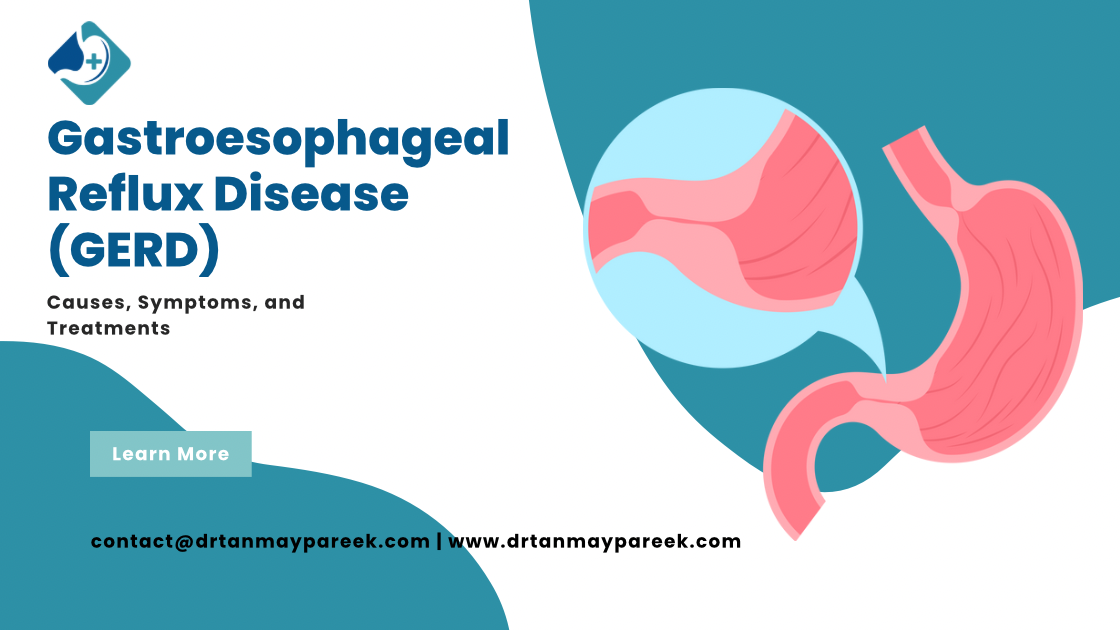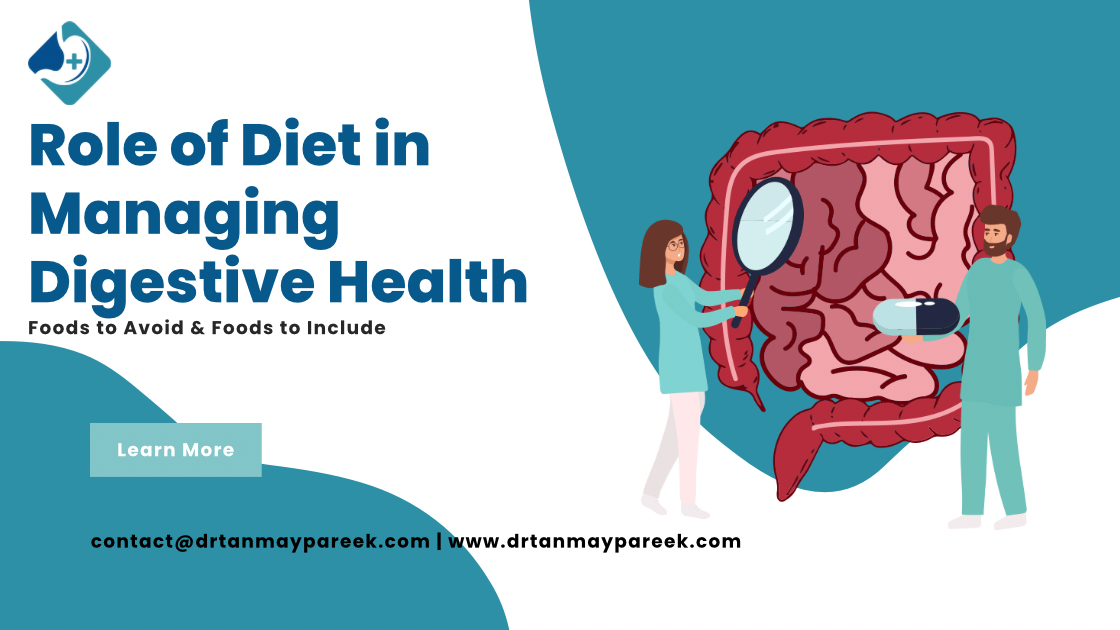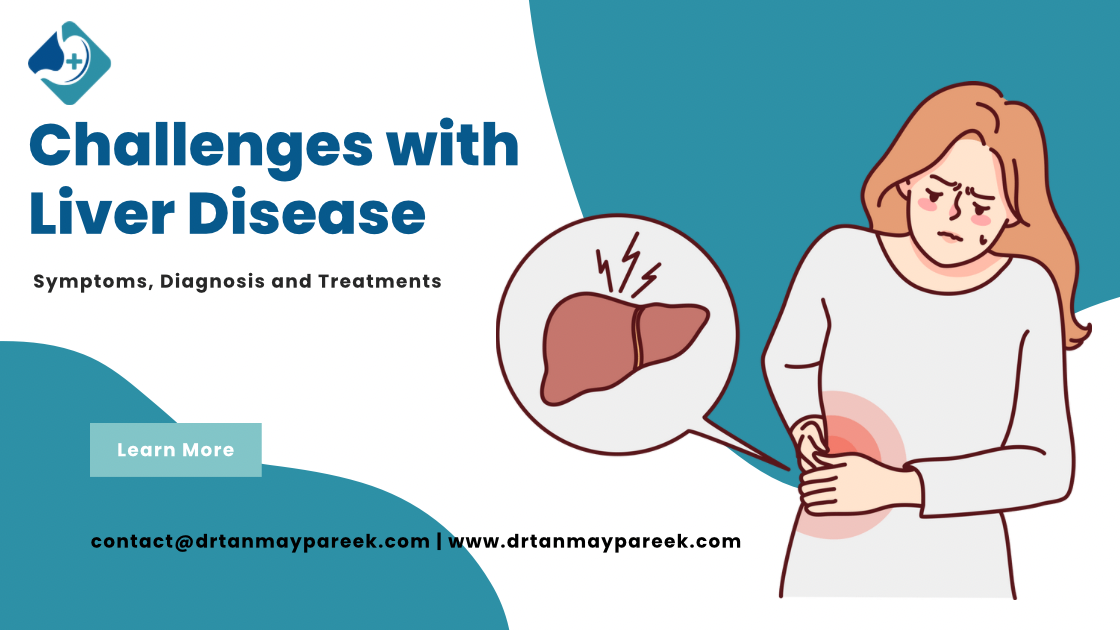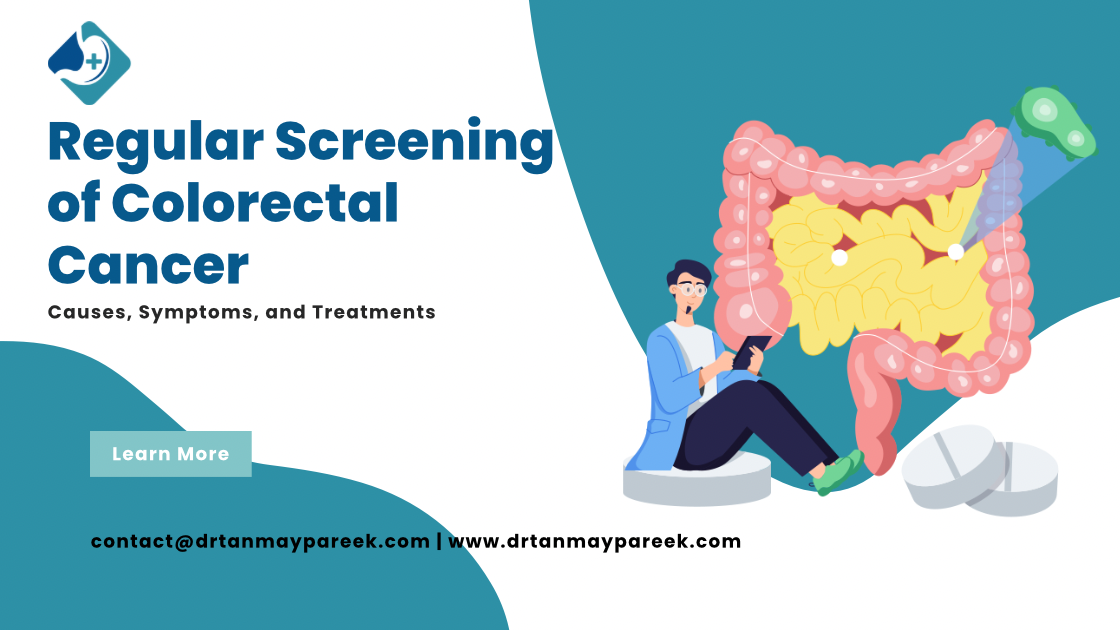Introduction
Gastroesophageal Reflux Disease (GERD) is a chronic condition that affects millions of people
worldwide, including a significant number in India. This disorder occurs when stomach acid
frequently flows back into the esophagus, leading to uncomfortable symptoms that can interfere
with daily life. Understanding GERD is essential for those experiencing its symptoms and for
individuals looking to prevent complications associated with this condition.
What is GERD?
Gastroesophageal Reflux Disease (GERD) is more severe than occasional acid reflux, which
many people experience from time to time. GERD is characterized by the chronic backflow of
stomach contents into the esophagus, resulting in irritation and inflammation. This condition can
lead to serious complications if left untreated, making early diagnosis and management crucial.
Causes of GERD
GERD primarily occurs when the lower esophageal sphincter (LES) weakens or relaxes
inappropriately. This sphincter is a ring of muscle at the junction of the esophagus and stomach
that typically prevents the backflow of food and acid. Factors contributing to GERD include:
- Obesity: Excess body weight can put pressure on the abdomen, increasing the likelihood of
acid reflux. - Diet: Consuming spicy, fatty, or acidic foods can trigger GERD symptoms.
- Hiatal Hernia: This condition occurs when part of the stomach pushes through the diaphragm,
exacerbating GERD. - Pregnancy: Hormonal changes and the physical pressure of the growing uterus can lead to
GERD. - Lifestyle Choices: Smoking and alcohol consumption can weaken the LES, aggravating GERD
symptoms.
Common Symptoms
Common symptoms of GERD include:
- Heartburn: A burning sensation in the chest, often after eating or lying down.
- Regurgitation: The sensation of acid backing up into the throat or mouth.
- Difficulty Swallowing: A feeling that food is stuck in the throat.
- Chronic Cough: A persistent cough that may worsen at night.
- Chest Pain: Often mistaken for heart-related issues, this can be alarming.
If you frequently experience these symptoms, it is advisable to consult the best
gastroenterologist in Jaipur for a proper diagnosis and treatment plan.
Diagnosis
GERD is diagnosed through a combination of medical history review and diagnostic tests. A
gastroenterologist may perform an endoscopy to examine the esophagus and stomach, or pH
monitoring to measure acid levels. Understanding your symptoms and discussing them with a
specialist is key to effective management.
Treatment Options
Treatment for GERD generally involves a multi-faceted approach:
Surgery: For those who do not respond to medication, surgical options such as fundoplication
may be recommended. This procedure strengthens the LES to prevent acid reflux.
Lifestyle Changes: Losing weight, avoiding trigger foods, and quitting smoking are crucial first
steps in managing GERD. Patients should consider keeping a food diary to identify and avoid
their specific triggers.
Medications: Over-the-counter antacids can provide quick relief, while H2 blockers and proton
pump inhibitors (PPIs) may be prescribed to reduce stomach acid production and heal the
esophagus.
Prevention Tips
Preventing GERD involves several proactive strategies:
- Eat Smaller Meals: Avoid large meals that put pressure on the stomach.
- Avoid Lying Down Immediately: Wait at least two to three hours after eating before lying down
or going to bed. - Maintain a Healthy Weight: This can significantly reduce the pressure on your abdomen and
LES. - Elevate Your Head While Sleeping: Raising the head of your bed can help prevent nighttime
reflux. - Avoid Smoking and Alcohol: Both can weaken the esophageal sphincter, worsening
symptoms.
Conclusion
Gastroesophageal Reflux Disease can significantly impact quality of life, but understanding the
condition is the first step toward effective management. If you suspect you have GERD or are
experiencing symptoms, don’t hesitate to consult Dr. Tanmay Pareek, a leading
gastroenterologist in Jaipur, for a personalized treatment plan tailored to your needs.





